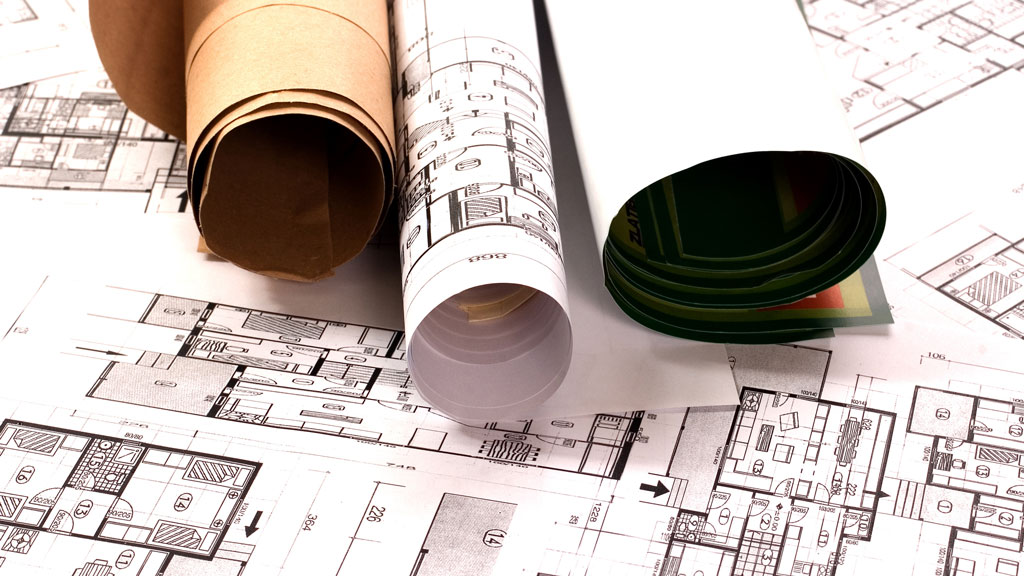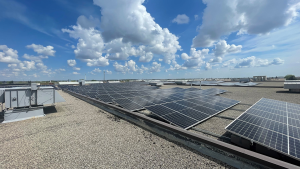Canada’s 2020 National Building Code (NBC) is running late. Frustration is growing. Specifically, some observers believe attempts to jam committee airwaves with a barrage of objections and concerns may be masking attempts to delay energy efficiency initiatives in order to prevent significant change.
Canada’s homebuilding industry has been a notable 2020 NBC energy efficiency critic for years through its Canadian Home Builders’ Association (CHBA). Their latest salvo is an appeal filed in March 2021 regarding the actions of the Standing Committee for Energy Efficiency (SC-EE). It expresses concerns “about adherence to proper process and rushed timing.”
It claims the appeal is, “in the interest of gaining some code development time for the 2020 edition of the National Building Code.”
The CHBA says a “fast-tracked process,” “a lack of staff and volunteer resources,” and “insufficient time for industry to deliver the products, skills and expertise required” will result in risks it describes as severe. It claims the 2020 NBC process has been fraught with challenges, driven by “unrealistic timelines” and a “significant lack of cross-discipline co-ordination.”
What are some of these risks identified by the CHBA?
One that the CHBA raises consistently concerns radon gas, the decayed radioactive product of uranium present in the ground that increases the long-term risk of lung cancer. The CHBA suggests radon might be sucked from the soil and inside tight building envelopes due to “depressurization of combustion appliances” among other things.
Kevin Lee, CEO of the CHBA, has spoken out strongly on this, saying unresolved radon gas issues, “could result in severe and immediate health problems, and even death.”
If taken out of context and without supporting research related to improved building envelopes, that’s a statement that instils fear, not only with the public but among some members of the homebuilding industry.
Overlooked is evidence suggesting just the opposite. Experts point to research in Ireland, establishing that super-tight homes, like those meeting Passive House standards, actually carry lower risks of radon gas ingress than standard code built homes. That’s largely because Passive House standards require airtight floors and balanced ventilation systems, simple concepts that could be borrowed by Canada.
The CHBA also says mandatory air testing to ensure new tiered code compliance and performance expectations will be too costly and even unavailable in rural and remote areas. That’s disputed by industry experts. Speaking at Fenestration Canada’s 2021 spring conference, Gord Cooke, president of consulting firm Building Knowledge Canada, expressed confidence that a sufficient number of approved energy evaluators are already available to meet Canada’s anticipated levels of new housing activity.
The energy evaluation industry is set to grow further, presenting new job opportunities in a greener economy.
For example, energy efficiency upgrades to existing homes under the new federal $2.6 billion grant program begin and end with professional EnerGuide evaluations.
CHBA also questions whether appropriately-sized mechanical systems are available to meet the heating, cooling and ventilation demands of tighter homes.
That ignores the reality of a market economy. Once Canadian demand is established, manufacturers will either design what’s needed, or import and approve existing equipment. In combination with informed designs that account for orientation, shading and other factors, higher energy efficiency is possible at costs lower than a patchwork modification to current design and building processes.
Time is marching on. With Canada committed to significant GHG reductions across the board, many feel code committees must move ahead. While contrarian opinions can be helpful when discussing complex issues, ultimately decisions must be made, even if some individuals and groups are left unhappy. That’s the nature of consensus versus unanimity.
Hopefully, the SS-EE will move ahead, having listened to the CHBA’s concerns for several years and believing the issues raised are being addressed.
The CHBA did not respond to requests for comment on this column. The SS-EE was unable to comment due to the CHBA’s ongoing appeal.
Members of the public and industry wishing to observe the next SS-EE meeting on June 10 can register through this website: https://nrc.canada.ca/en/certifications-evaluations-standards/information-observersparticipants











Recent Comments